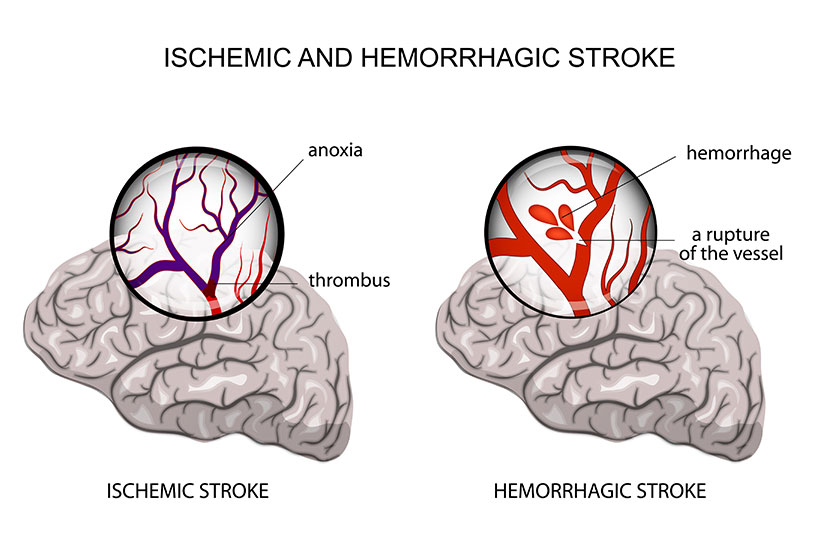Cerebral Small Vessel Disease (CSVD) is a condition impacting the tiny blood vessels in the brain, leading to various neurological complications. As families explore senior living options, it becomes crucial to find communities that can address specific conditions like CSVD. Fortunately, the nearest assisted living in Palm Bay, FL, provides tailored support for elderly residents with this disease. Let’s explore the comprehensive care approaches these retirement communities adopt by reading this article.
Specialized Medical Monitoring and Intervention
Cerebral Small Vessel Disease (CSVD) necessitates vigilant medical attention given its intricate nature. The presence of a dedicated medical team in the retirement communities near Palm Bay, FL, ensures residents receive top-notch care attuned to the nuances of CSVD. Regular neurological assessments form the crux of this specialized care, serving multiple vital purposes:
- Progression Tracking: CSVD can manifest and progress differently across individuals. Periodic assessments allow the team to monitor the pace and nature of the disease’s progression, facilitating timely adjustments in care strategies.
- Early Complication Detection: CSVD can lead to various complications, including strokes, cognitive changes, or motor function impairments. Early detection through routine checks ensures rapid response, minimizing potential adverse outcomes.
- Treatment Plan Optimization: The dynamic nature of CSVD requires treatment plans to be flexible. By continuously evaluating a resident’s health status and response to treatments, the medical team can refine interventions, ensuring they remain effective and appropriate.
Therapeutic Activities and Rehabilitation
CSVD can impact mobility, balance, and cognitive functions. The nearest assisted living in Palm Bay, FL, addresses these challenges by offering therapeutic activities tailored to the needs of CSVD residents. This might include:
- Physical therapy sessions to enhance mobility and balance.
- Cognitive exercises to stimulate the brain and slow cognitive decline.
- Occupational therapy to help residents maintain independence in daily tasks.
Such targeted activities play a pivotal role in ensuring residents maintain optimal physical and mental well-being.
Safe Living Environments and Adaptive Aids
The environment within the retirement community is adapted to cater to the unique challenges of CSVD residents. This means:
- Ensuring spaces are free from trip hazards.
- Having handrails in hallways and bathrooms.
- Offering mobility aids like walkers or wheelchairs.
Moreover, if a resident faces difficulties due to visual disturbances – a potential symptom of CSVD – adaptive aids like magnifying glasses or high-contrast settings can be provided. Such measures ensure the safety and autonomy of residents.
Family Involvement and Continuous Education
Understanding CSVD can be challenging for family members. Assisted living communities in Palm Bay, FL, bridge this knowledge gap by hosting regular educational sessions. These sessions:
- Provide insights into the nature of CSVD.
- Offer strategies on how loved ones can support residents during visits.
- Share updates on the latest research and treatments.
By keeping family members informed and involved, the community ensures a collaborative approach to care, enhancing the resident’s overall well-being.
Cerebral Small Vessel Disease, with its unique set of challenges, requires specialized care and attention. The nearest assisted living in Palm Bay, FL, has risen to this challenge, ensuring that residents with CSVD are not just cared for but truly understood. Through meticulous medical monitoring, therapeutic interventions, safe living environments, and continuous education, these Palm Bay retirement communities showcase their unwavering commitment to their residents.







